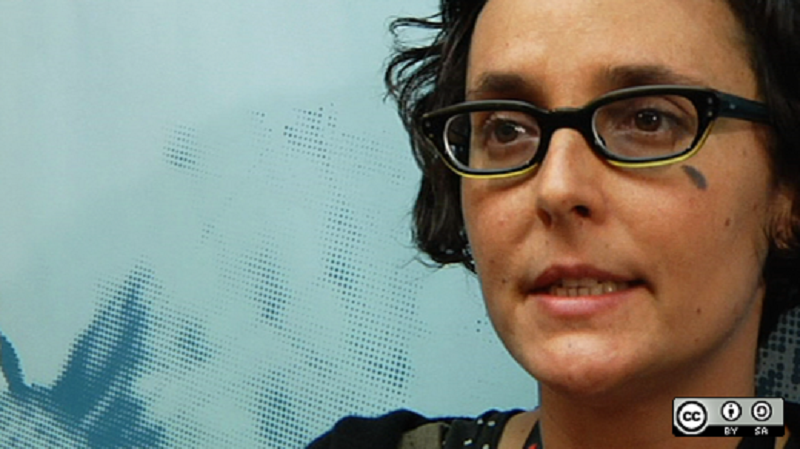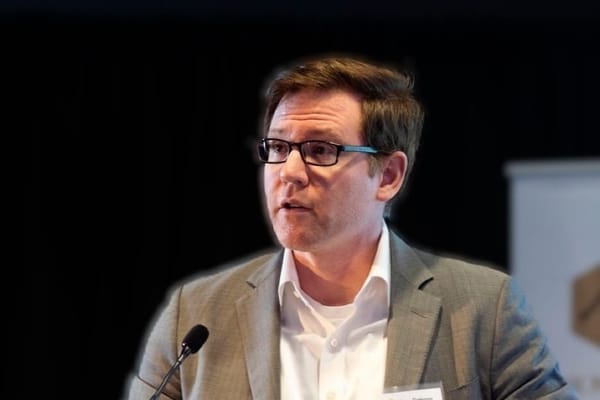At Silicon Flatirons on Monday, Panelists Differ on the Real Value of the Internet
Panelists at the Silicon Flatirons conference on Monday clashed over the extent to which the internet deserves the veneration that it currently enjoys in society. The theme of the conference, at the University of Colorado Law School, was “Technology Optimism and Pessimism.” The panelists agreed that











Member discussion